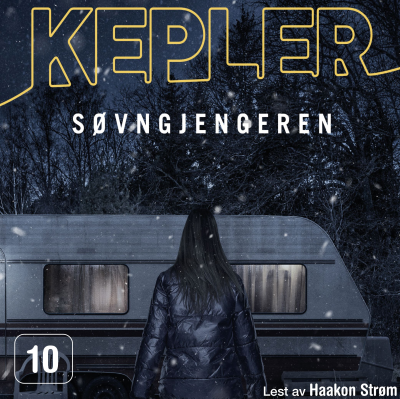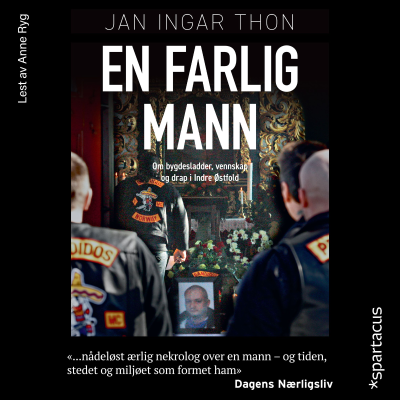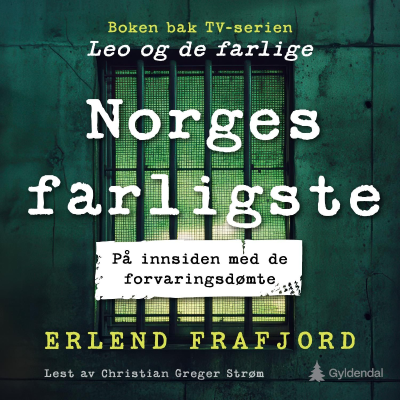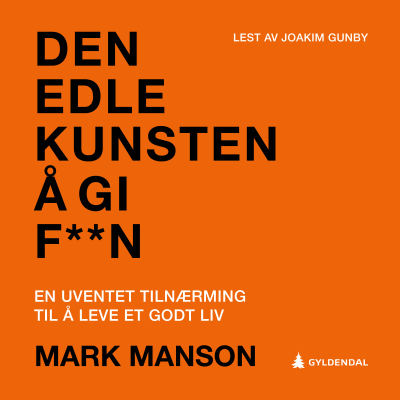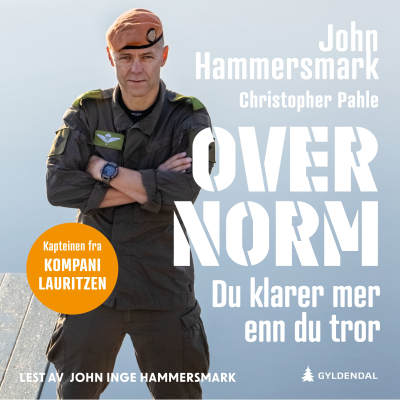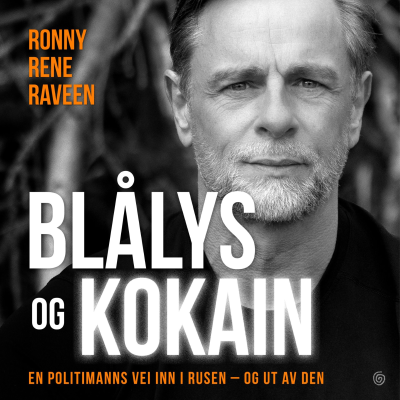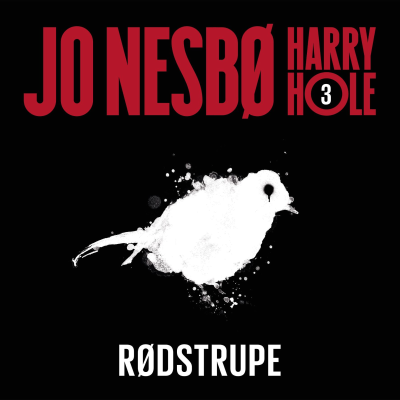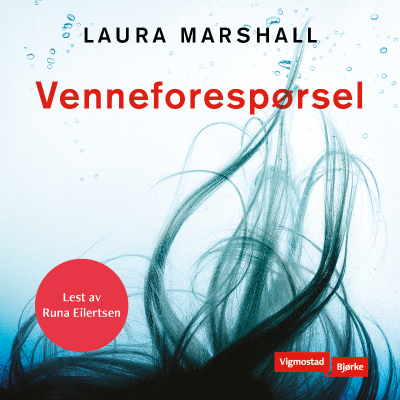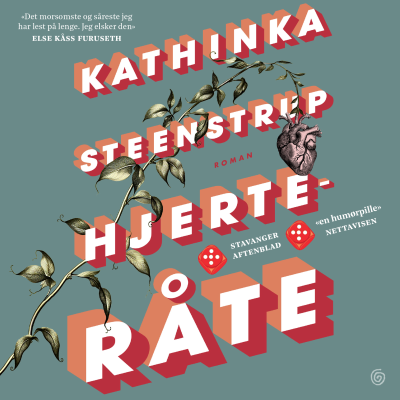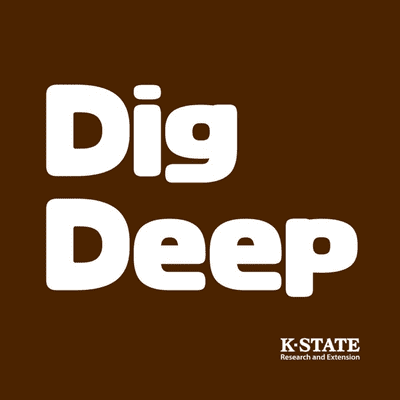
Dig Deep - Kansas State University Ag Research
engelsk
Teknologi og vitenskap
Prøv gratis i 14 dager
99 kr / Måned etter prøveperioden.Avslutt når som helst.
- 20 timer lydbøker i måneden
- Eksklusive podkaster
- Gratis podkaster
Les mer Dig Deep - Kansas State University Ag Research
Dig Deep is an extended conversation with researchers from K-State Research and Extension. In each episode, host Randall Kowalik talks with a different scientist about their background, their work, and more. What spurred that curiosity? What motivates them to keep digging? Better yet, what else do they enjoy? Cycling? Hunting and fishing? Baton twirling? Teaching yoga to pigs? You just never know! Send comments, questions or requests for copies of past programs to ksrenews@ksu.edu. K‑State Research and Extension is a short name for the Kansas State University Agricultural Experiment Station and Cooperative Extension Service, a program designed to generate and distribute useful knowledge for the well‑being of Kansans. Supported by county, state, federal and private funds, the program has county Extension offices, experiment fields, area Extension offices and regional research centers statewide. Its headquarters is on the K‑State campus in Manhattan.
Alle episoder
28 EpisoderJordan Gebhardt -- Livestock Feed Biosecurity
In the United States we have agencies and organizations at federal, state, and local levels that work to ensure the safety of the food we eat. As animals and animal byproducts are part of many human diets, it's also important to ensure the safety of livestock feed. Jordan Gebhardt is an assistant professor of diagnostic medicine and pathobiology in the College of Veterinary Medicine at Kansas State University. He'll discuss some of his recent work in livestock feed biosecurity.
Gregg Ibendahl -- Farm Management Economist
Today's farmers and ranchers have to do a lot more than grow wheat or raise cows and calves--they also have to be machinery technicians, computer programmers, and business managers. It's that last one that for many is most difficult hill to climb. Gregg Ibendahl is an associate professor in the Department of Agricultural Economics at Kansas State University, and a farm management economist for K-State Research and Extension. He details some of his work with the Kansas Farm Management Association [https://www.agmanager.info/kfma], and explains how Kansas producers can benefit through membership with that organization.
Justin Waggoner -- Educating in the Time of COVID-19
K-State Research and Extension specialists and agents are charged with delivering research-based information to their stakeholders, the citizens of Kansas. Through more than 100 years of history, they've encountered challenges and obstacles as small as a downed internet connection or a burned out bulb on a slide projector, to major weather events like floods, wildfires or tornadoes. The 2020 COVID-19 pandemic has forced agents and producers to adapt on the fly, employing different methods and strategies for both impromptu gatherings and annual events with decades of history. Justin Waggoner, a beef cattle specialist with the Southwest Area Research and Extension Center, shares some of his experiences from this year.
Vincent Amanor-Boadu -- Food, Energy, Water, Chemistry
Think back to your high school chemistry class. Recall that atoms of chemical elements--hydrogen and oxygen, for example--can be combined into molecules of compounds, such as water. The atoms in these compounds are held together by an electrical charge. Suppose certain compounds could be harnessed for their capability to store massive amounts of electricity? And suppose, further, that such a system could be harnessed to benefit farming, power grids, water conservation and more? Vincent Amanor-Boadu, a professor of agribusiness, economics, and management with Kansas State University, is part of a team that's investigating this idea. He'll explain how this idea, if brought to life, could breathe new life into rural communities in Kansas, and elsewhere.
Bill Schapaugh -- Soybeans
Soybeans feed both humans and animals. They have also been used in the manufacturing of plastics, ink, building products, candles, even tires. Conservatively, more than 2,000 different varieties of soybeans have been documented--but only a fraction of those varieties are grown on a regular basis. Bill Schapaugh is professor in the Department of Agronomy at Kansas State University, as well as a soybean researcher and breeder. He is also the soybean specialist for K-State Research and Extension. He discusses his goal of developing more heat-tolerant varieties of soybeans, and explains the multi-year process of identifying those successful and productive varieties.
Velg abonnementet ditt
Premium
20 timer lydbøker
Eksklusive podkaster
Gratis podkaster
Avslutt når som helst
Prøv gratis i 14 dager
Deretter 99 kr / month
Premium Plus
100 timer lydbøker
Eksklusive podkaster
Gratis podkaster
Avslutt når som helst
Prøv gratis i 14 dager
Deretter 169 kr / month
Prøv gratis i 14 dager. 99 kr / Måned etter prøveperioden. Avslutt når som helst.














